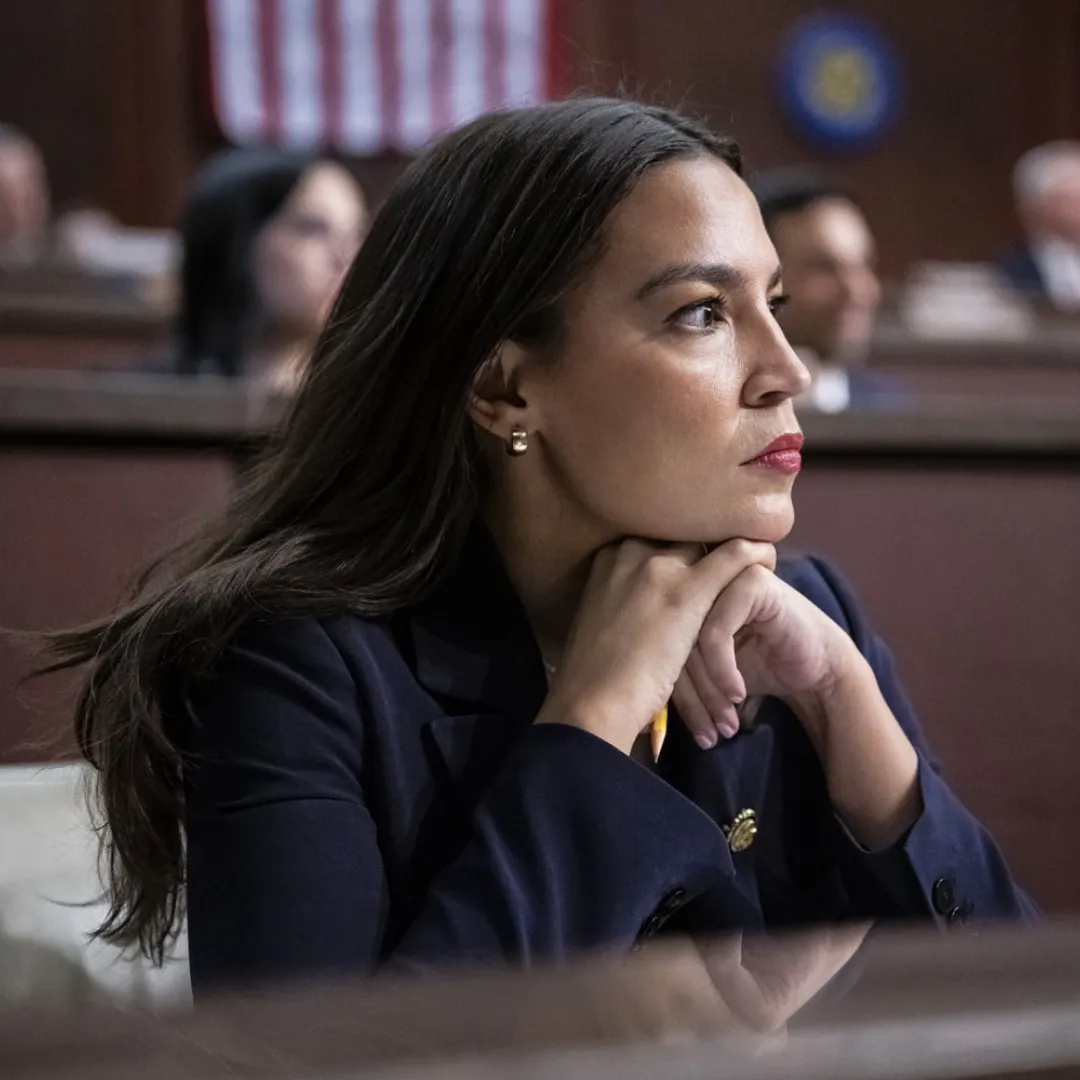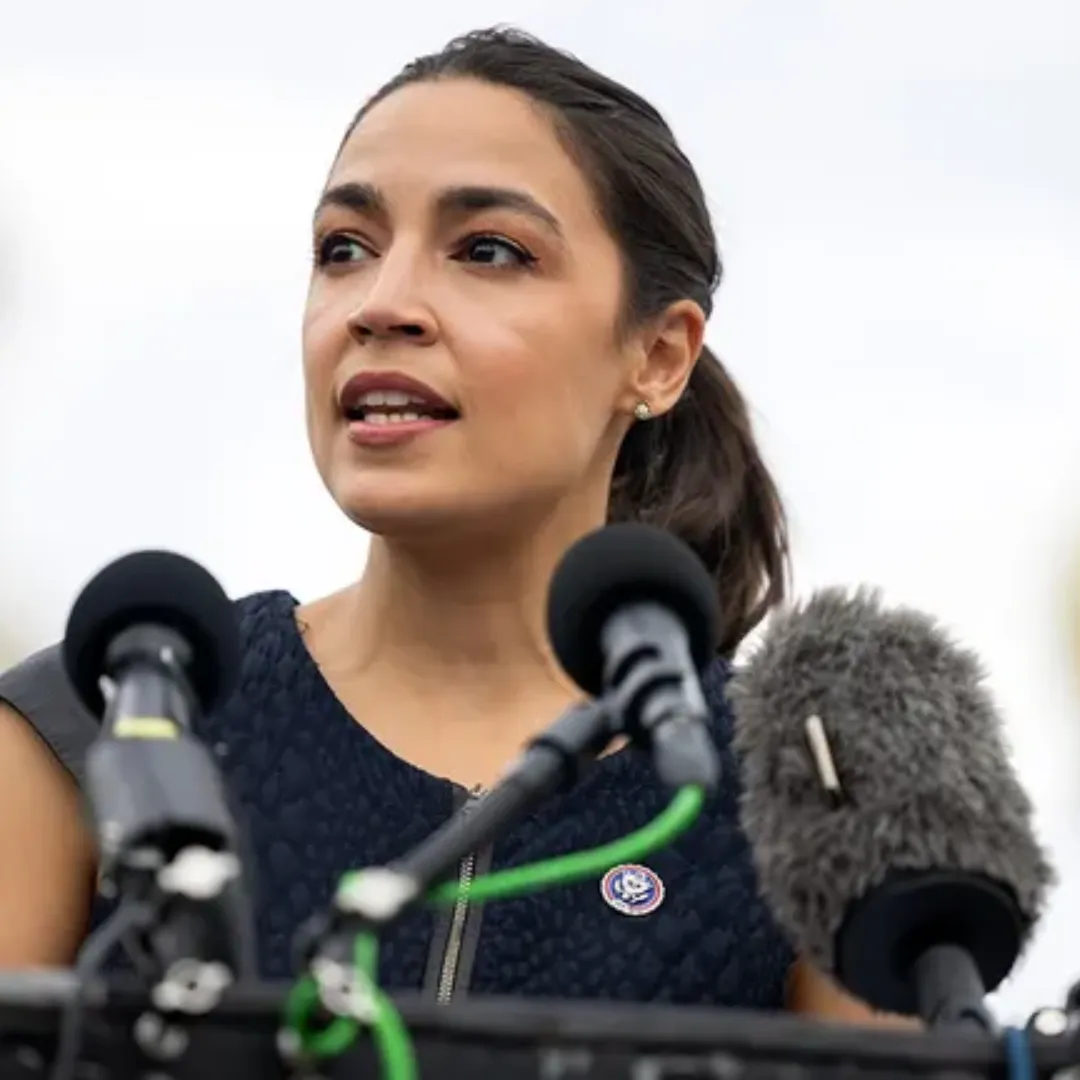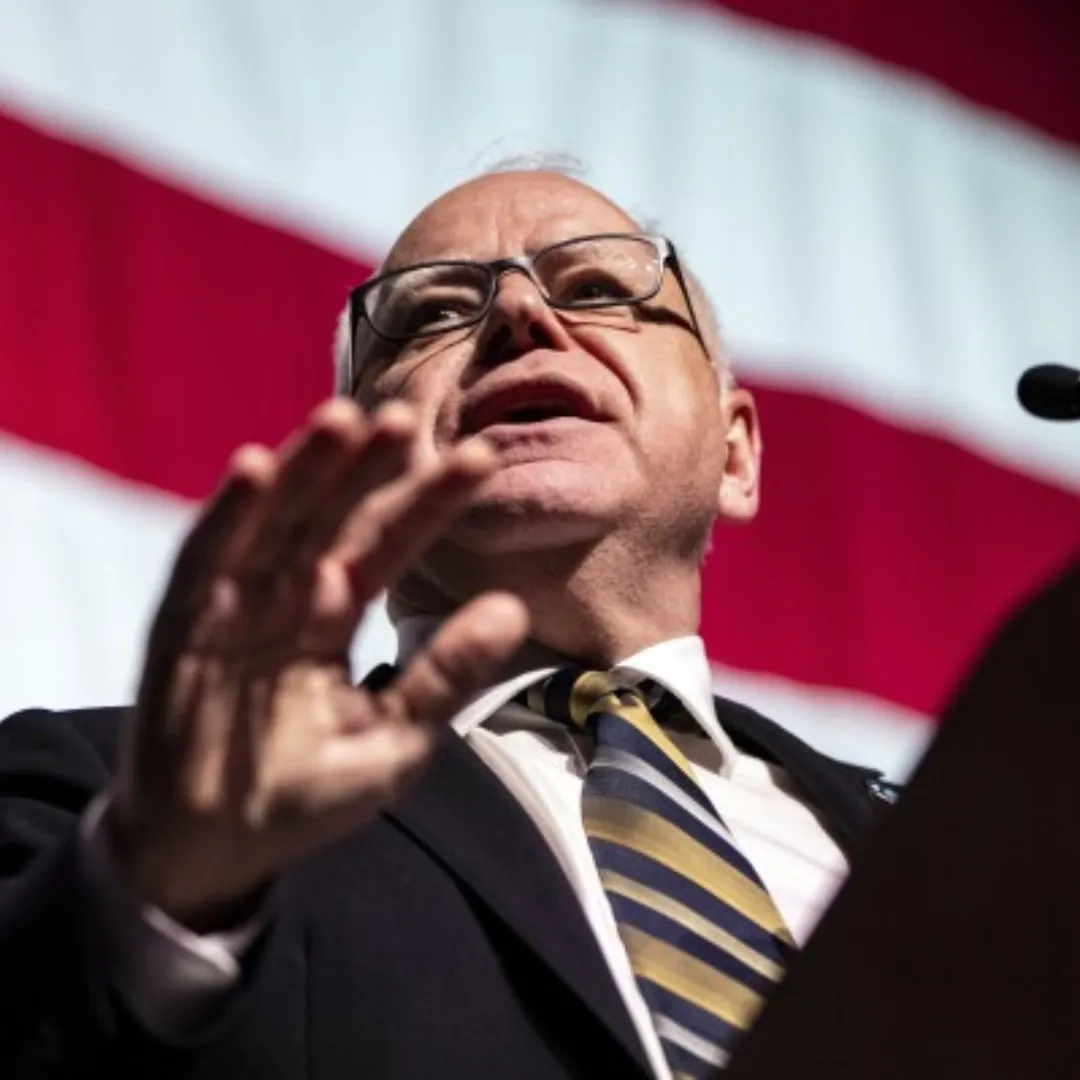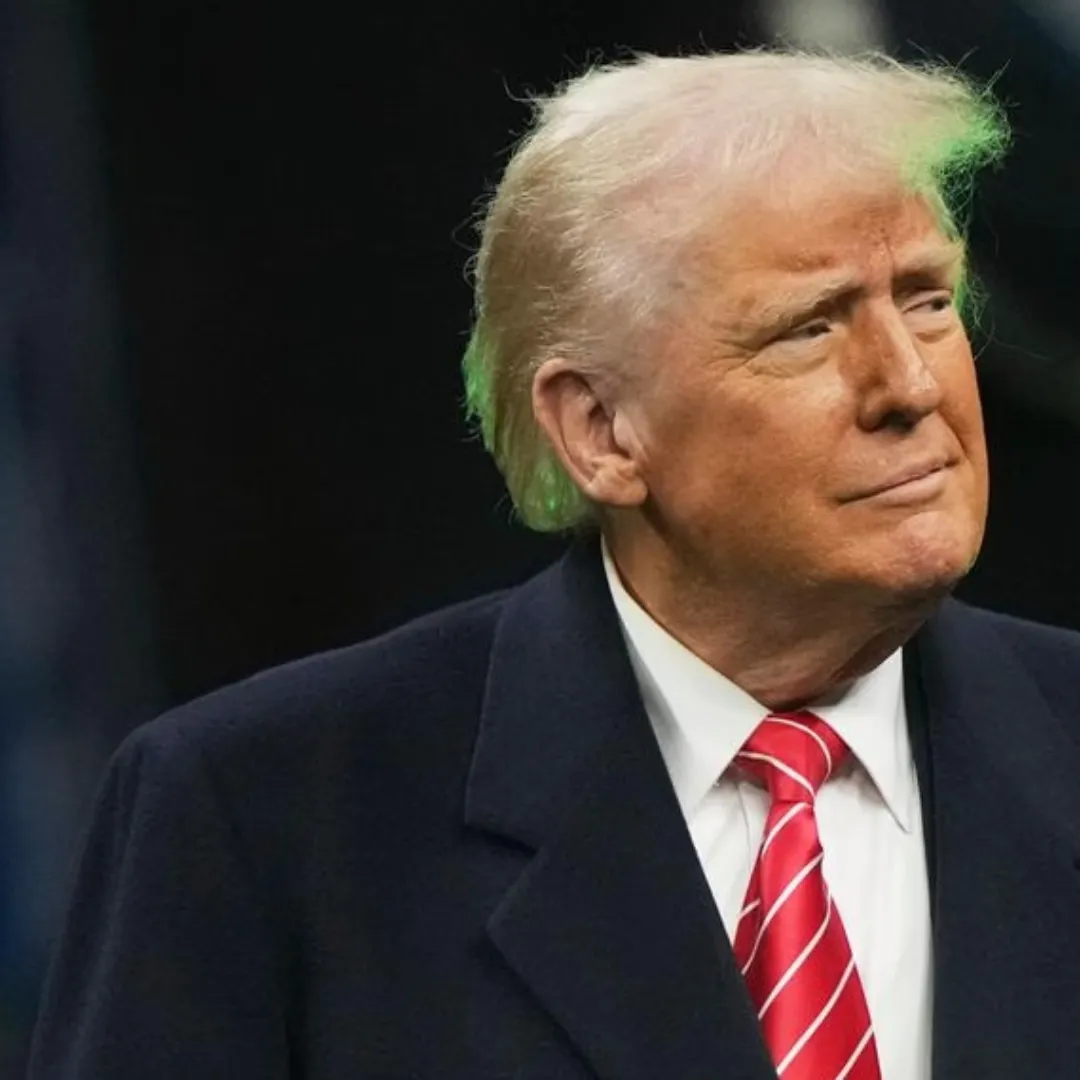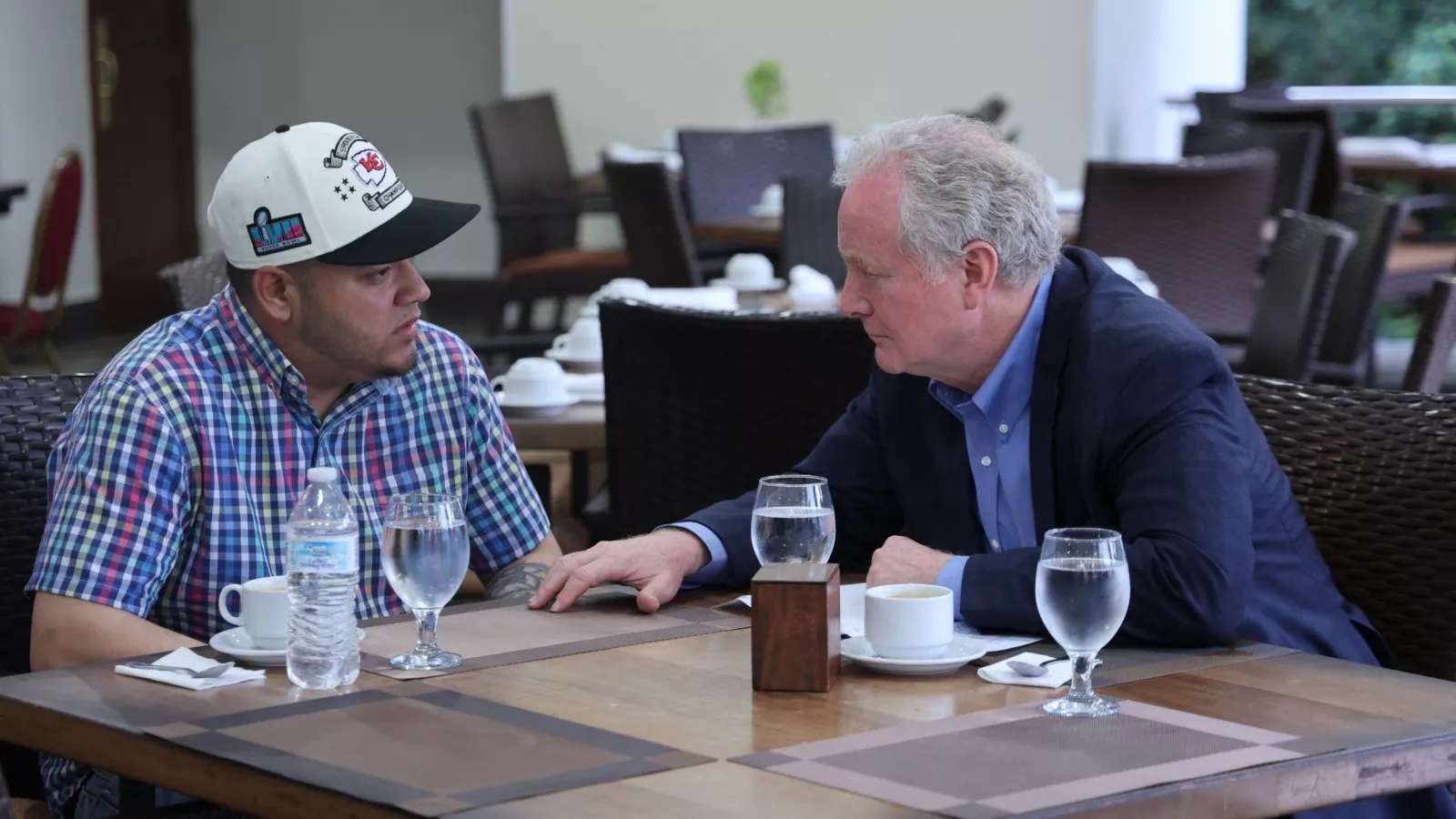
The morning air over Washington felt unusually heavy, not with rain or fog, but with tension. The city, long accustomed to political back-and-forth, had recently found itself at the epicenter of a new legal and moral controversy: the forced deportation of Kilmar Abrego Garcia and the subsequent firestorm that followed.
What began as a relatively obscure case had, in just a matter of days, unraveled into a sprawling national dispute involving the White House, the courts, and the deeper philosophical battle over how far executive power could reach before it begins to tear at the very threads of American democracy.
Abrego Garcia, a Salvadoran national, had been living in Maryland for several years. According to immigration records, he entered the United States seeking asylum in 2017 after fleeing threats from gang violence in his hometown of Soyapango.
By all accounts, he led a quiet life, working under the radar and avoiding any attention that might draw the eye of immigration enforcement. In 2019, however, he was arrested during a workplace raid and brought before an immigration judge who, recognizing the danger he faced if returned to El Salvador, ordered that he not be deported.
That order, issued by a federal immigration judge, was clear. It protected Abrego Garcia under asylum law and required the U.S. government to halt any effort to remove him from the country.
But in March of this year, an administrative mishap—or so the Trump administration claimed—resulted in Abrego Garcia’s forced removal to El Salvador, where he was immediately arrested and imprisoned. The mistake sent shockwaves through advocacy communities, legal circles, and eventually, the judiciary.
The Supreme Court’s recent decision to uphold a lower court ruling requiring the administration to “facilitate” his return marked a rare and forceful rebuke. But what the courts had deemed necessary, the administration argued was simply not possible.
"The government is asserting a right to stash away residents of this country in foreign prisons without the semblance of due process that is the foundation of our constitutional order," wrote Circuit Judge J. Harvie Wilkinson. In his opinion, he emphasized not only the legal breach but the moral affront such a move represented. "This should be shocking not only to judges, but to the intuitive sense of liberty that Americans far removed from courthouses still hold dear."

Despite the fiery language from the judiciary, President Trump remained defiant. During a rally in Arizona, he dismissed the court order as "out of touch," telling the crowd, "They want me to go begging on my knees to a foreign government. That’s not how America works anymore."
Trump’s comments drew swift condemnation from legal scholars, immigration activists, and even some members of his own party. Among them was Senator John Kennedy of Louisiana, who appeared on national television to discuss the unfolding situation.
Known for his colorful language and firm support of the rule of law, Kennedy offered a nuanced take. "I don’t believe that President Trump will defy a federal judge’s order," Kennedy said on Meet the Press. "If he does, I’ll call him out on it."
He went on to say, "I love the rule of law. I love it like the devil loves sin. I think if we start not following federal judicial orders, we undermine the system entirely."
It was a sentiment that seemed to strike a chord with many Americans who had watched with concern as the case played out on their screens. Though Kennedy made it clear that criticism of court decisions was not only permissible but healthy in a democratic society, he drew a sharp line between disagreement and disobedience.
"You can criticize them. You can appeal them. But you can’t choose to not follow them," he said. "And I haven’t seen President Trump do that. And if he does, I’ll say very loudly and clearly that I think he’s wrong."
The conversation between Kennedy and Meet the Press moderator Kristen Welker grew more heated as they discussed whether Trump had done enough to comply with the court's directive. When pressed on whether Trump had even requested that President Bukele of El Salvador return Abrego Garcia, Kennedy countered with a rhetorical challenge.
"What does he expect Trump to do? Declare war and go get Bukele? I mean, he brought Bukele to America. President Bukele sat in the Oval Office in front of God and country and said, 'I’m not sending this guy back.' So I don’t know what Judge Wilkinson expects Trump to do."
Welker, undeterred, asked whether the president could have simply made a formal request. Kennedy’s response was blunt.

"How do you know he hasn’t?"
It was a question few in the media had the answer to, and the administration wasn’t offering any clarity. The State Department refused to confirm whether any formal diplomatic request had been made.
Meanwhile, advocacy groups, including the American Civil Liberties Union and the Refugee Protection Alliance, argued that failure to comply with the court’s ruling was not a matter of foreign policy difficulty—it was a breach of the law.
"This isn’t about what El Salvador will or won’t do," said Lara Nieves, a civil rights attorney working on behalf of the Abrego Garcia family. "It’s about what our government is required to do. There are always diplomatic channels. If they haven’t tried them, that’s not a diplomatic problem—that’s a legal violation."
Inside the White House, sources described a tug-of-war between policy advisors and legal counsel. One senior official, speaking anonymously, said that the administration was divided on how to handle the situation. "There’s a camp that wants to fight the courts tooth and nail, and then there are those who are saying, 'We’ve got to find a way to at least look like we’re complying.'"
Meanwhile, Abrego Garcia remained imprisoned in a maximum-security facility outside San Salvador, where conditions had drawn international scrutiny. His lawyers reported limited access to him and expressed concerns about his safety, citing threats from rival gang members who had learned of his ties to the U.S. legal system.
"We are extremely concerned that this may turn into a death sentence," said attorney Miguel Andrade. "He should not be there. Every legal process said he shouldn’t have been sent back."
As the debate grew, so did its implications. Immigration policy, executive power, the role of the judiciary—all became wrapped up in one man’s fate.
For many Americans, the story of Kilmar Abrego Garcia was no longer just about one man’s legal status. It had become a symbol, a test of what kind of nation the United States wanted to be.

Cable news split predictably. Conservative networks called the Supreme Court’s order judicial overreach and applauded Trump’s tough stance. Liberal outlets questioned whether the White House had crossed a dangerous line.
Social media, true to form, exploded with hashtags and hashtags countering hashtags, with "#BringKilmarHome" trending for several days before being overtaken by the next national controversy.
And yet, behind the noise, the reality remained stark. A court had spoken. The law had been written. The order was clear.
Whether or not it would be followed was a question that still hung over the capital, unanswered.
But as Senator Kennedy had warned, the country stood at a crossroads.
If executive power could ignore the rule of law with impunity, if court orders could be dismissed with a shrug and a speech, what remained of the constitutional structure?
And if the answer depended not on the law, but on the will of one man or the silence of those around him, then perhaps the rule of law was not as secure as the country had long believed.
